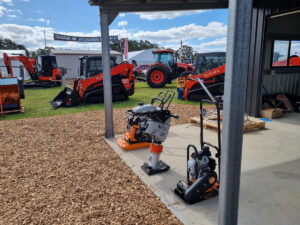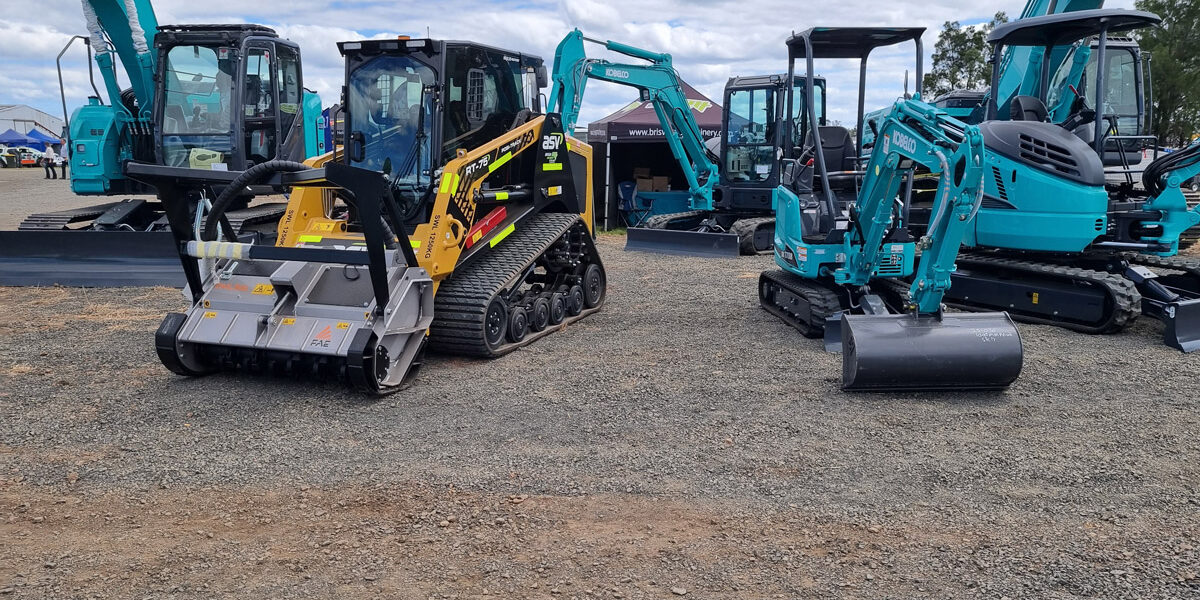Investment vs over-investment
By Patrick Regnault
When and what type of tools or machinery to purchase needs to be vetted carefully. When does an investment become an over-investment or when does an investment in machinery lead to a need to change the way we operate our business?
Would using a contractor be, if not cheaper, at least less costly in terms of operating efficiency? These questions need to be carefully considered not only from the important fiscal point of view but also from the point of view of the mental and physical wellbeing of the buyer. Your greatest asset is people, yourself and your personnel. This is where investing in time by mentoring, educating and health, will pay off for all concerned in the medium and long term.
We sometimes see, in the landscaping industry, a business owner investing in a dingo, bobcat or an excavator. Due to the cost of these machines, they cannot sit idle in the yard for a day, and before long, the landscaper becomes a machine operator. Investing in tools and machinery is a matter of timing, cash flow and tax minimisation. For the latter, always seek professional advice, but for the first two, the business owner has to be au fait with the business running operations.
The key determinant for investing in machinery is the number of hours the equipment will be used per annum, the type of machine and the cost of owning it. The larger the piece of machinery, the higher the running cost. Hiring a contractor may seem a higher cost but may be more time and cost efficient in the long run.
Fixed costs and variable costs need to be calculated before making the purchase, and those are based on an assumed annual hourly use of the plant. The fixed costs include the initial purchase, the resale value after a number of years, the interest cost, the depreciation and insurance. The variable costs are the hourly labour and fuel figures, repairs and maintenance. There are also non-financial considerations such as job satisfaction, expertise, financial pressure, contractor availability, WHS, stress and family time.

Although the question of investment is always around, it may be more important for the person setting up their business. The direction we want the business to take needs to be clear from the start. The equipment needs to fit the direction, not dictate it. By concentrating on the business needs as opposed to the wants, we are more likely to make timely decisions on future investments. Flexibility is an important factor in decision making. You may wish to go a certain way but opportunities may arise and lead you on a different and more suited path.
Investment is not just tools or machinery. Human investment has to be the foremost investment in a business. It will shape the amount of work that can be taken on, the number of hours spent on and off the tools, and importantly the head space taken to run the operation. Investing in your employees is not a time or money waster as people are more likely to stay with an employer who invests in their professional growth. Those employees are also more likely to enjoy their work, willingly take on responsibilities and be more creative. By furthering your employees’ growth, you are fostering a mentorship idea that will have ramifications beyond your business and into the industry as a whole. Not everyone will be receptive to professional development, and this is why when selecting prospective employees, we need to be aware of the limitations people place upon themselves and their willingness to go beyond them.
Self-Investment in health and education is essential. We cannot run a business if we are physically or mentally unwell. We have many tools at our disposal to regulate our well-being. Yoga, Tai Chi, Qi Gong, gym on one hand, and meditation, mindfulness and other psychological help on the other. Keeping the mind active and curious by learning a vast array of subjects will help spur creative thinking and give space for other than the business which, paradoxically, will help in making better business decisions.
Patrick Regnault FAIH RH0062
Interactive Landscapes
E: patrickregnault@hotmail.com
W: aih.org.au
Main photo: The equipment needs to fit the direction, not dictate it.

